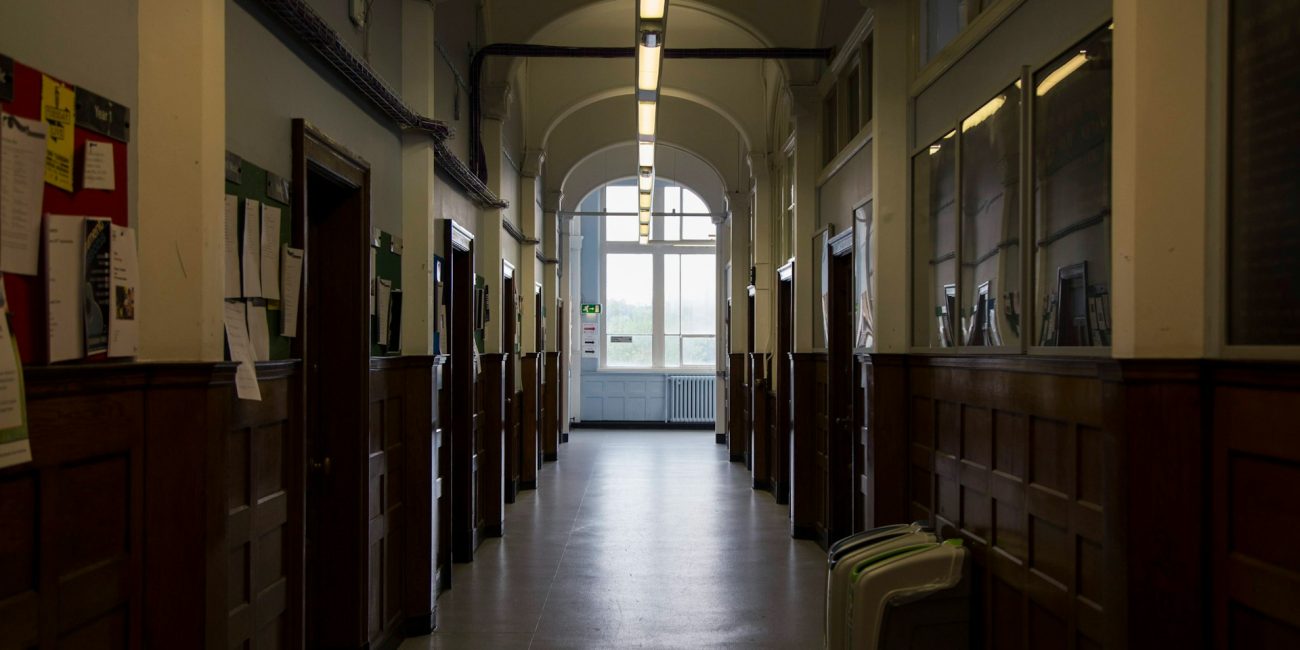In the UK, the education system is divided into five main stages, which cover a child’s learning journey from early years to higher education. Here’s a clear breakdown:
- Early Years Education
- Age: 3–5 years
- Stage: Nursery and Reception (part of the Foundation Stage)
- Details: Focuses on basic skills — communication, social interaction, play-based learning, and early literacy and numeracy.
- Primary Education
- Age: 5–11 years
- Stage: Key Stage 1 (ages 5–7) and Key Stage 2 (ages 7–11)
- Details: Core subjects include English, Maths, and Science, along with subjects like History, Geography, Art, and Physical Education.
- Secondary Education
- Age: 11–16 years
- Stage: Key Stage 3 (ages 11–14) and Key Stage 4 (ages 14–16)
- Details: Pupils study a broad range of subjects leading to GCSE qualifications at the end of Key Stage 4.
- Further Education (FE)
- Age: 16–18 years (sometimes older)
- Stage: Post-16 education
- Details: Includes A-Levels, vocational courses, or apprenticeships — typically studied at a sixth form or college.
- Higher Education (HE)
- Age: 18+
- Stage: University level
- Details: Students pursue undergraduate and postgraduate degrees (e.g., BA, BSc, MA, PhD) or other higher-level qualifications.








No Comment! Be the first one.